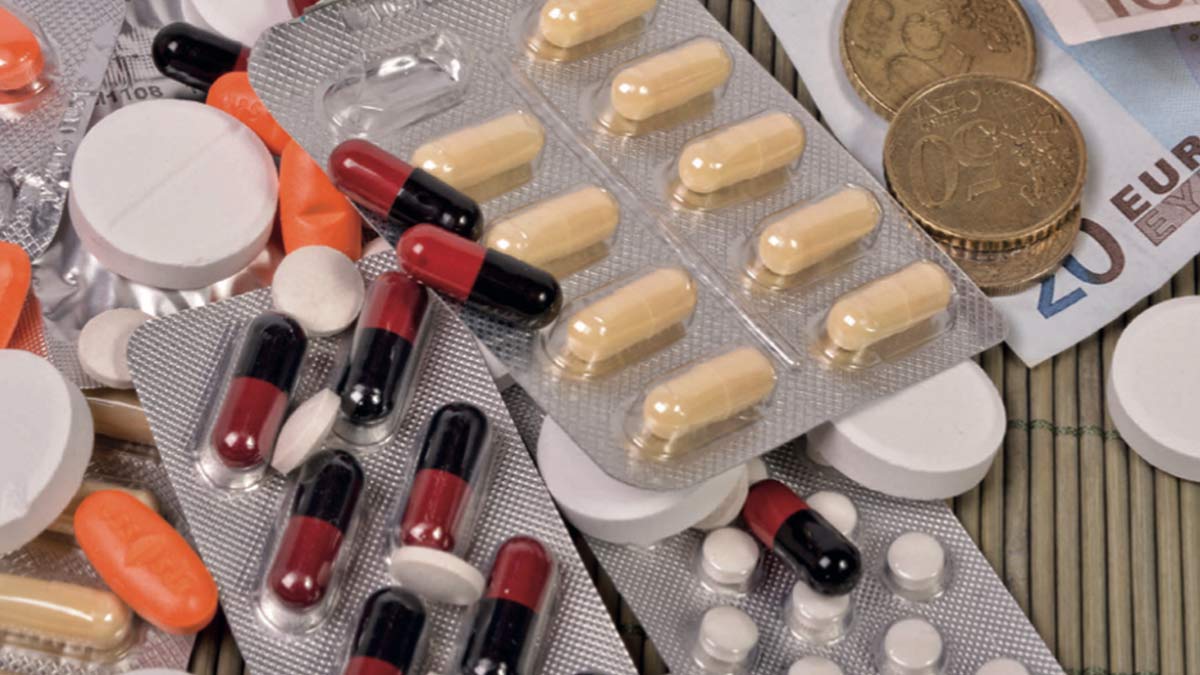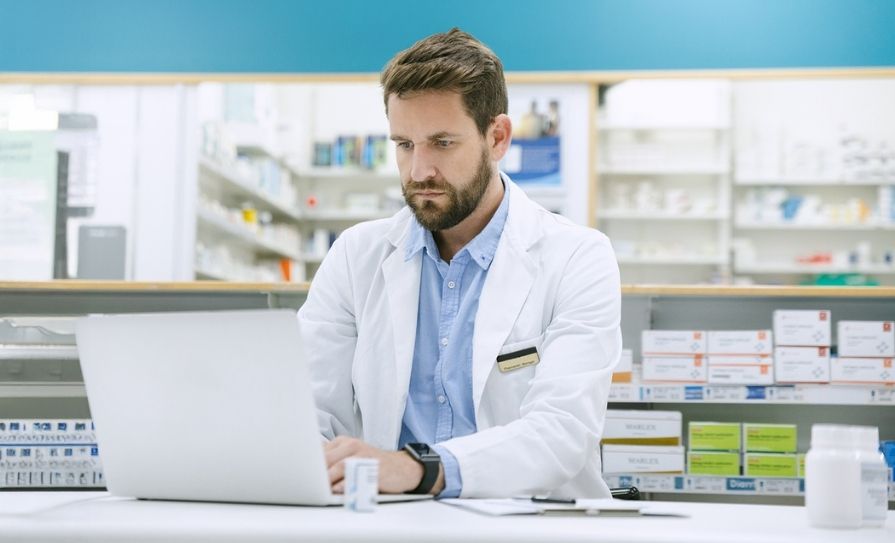I charge for blister packs, and I will happily explain to anybody enquiring that the charge is to cover the necessary time and materials involved, and then if they choose to go somewhere else for a ‘free’ service I will happily let them go without hesitation or regret, writes Fintan Moore
The economics of community pharmacy is a funny business. An important part of our value in the healthcare system is the fact that we are instantly accessible for advice that we give free of charge to everybody regardless of their income or insurance status. The impact of these words of wisdom can range from mundane help or reassurance with minor symptoms all the way up to life-saving interventions such as an early catch of meningitis or a heart attack. However, we only actually get paid whenever we sell or dispense a physical product, so the ‘profit’ from this activity needs to cover the service we provide for nothing. It would seem logical to keep any free stuff to the minimum, but at times we are not always fully logical.
Opinions vary between pharmacists on what services attract a charge. I do not charge for taking blood pressure readings, although others will, but I reckon I only do about one a month, so there is no crock of gold in it either way. The Hardship Scheme is effectively a free service, given that it is so miserably paid for the work involved, so I refuse to take it on if at all possible. Some pharmacists charge to print Med 1 reports but I do not because I know that I would be irritated if I gave business to somebody for a year and then had to pay them for a receipt of what I had paid them. It is all a matter of choice, but the one that triggers the most disagreement is the provision of blister packs.
If we want our professional time and expertise to be valued by the public, or politicians, or the HSE, then we should put a value on it at every opportunity
Some pharmacies can easily afford to offer free blister packs because they have automated the process and can generate them with minimal effort. Some pharmacists produce them for free because they know the pharmacy ‘down the road’ is also providing this service for free and they do not want to look bad in comparison, and others offer the packaging for free deliberately in order try to make the competition look bad. Whatever the reason or the justification that is used, I think it is misguided. Even a small charge per pack builds up to a respectable figure per annum. And, more importantly, if we want our professional time and expertise to be valued by the public, or politicians, or the HSE, then we should put a value on it at every opportunity. So I charge for blister packs, and I will happily explain to anybody enquiring that the charge is to cover the necessary time and materials involved, and then if they choose to go somewhere else for a ‘free’ service I will happily let them go without hesitation or regret. After all, it is a free country.
The French collection
I was in France recently for a skiing holiday and one member of our group was unlucky enough to get injured. The French healthcare system has a pretty good reputation and the hospital lived up to it in terms of speed of triage and treatment. It is worth knowing that the reception staff insist on a patient having a physical EHIC card – we had a passport as proof of EU residency and even a recent email confirming we had cards on the way, but that was insufficient. The service was quick and thorough. Interestingly, the painkillers prescribed were a combination product containing paracetamol and opium powder, so I do not know whether opium is making a comeback or if the French had always kept it as an option. When I hear of opium I just think of dockside bars in Shanghai or Hong Kong.
The sensible option is to avoid these drinks entirely because the only thing definitely ‘zero’ about them is their contribution to our health
The local community pharmacy was similarly welcoming and efficient, but one of the reasons for the speed of service was that they did not label any of the medication. The pharmacist produced original packs and talked through the instructions before putting them in a bag. She offered to write down the directions but I got the impression that standard practice is to just let the patient loose following the verbal briefing. It seems very alien to our way of thinking and I think labelling has to be safer overall. But I wonder if they have any more adverse medication events than we do as a result. There are probably statistics somewhere.
Zero’s no hero It is a paradox of modern living that there has never been as much information readily available about diet and nutrition but there is nevertheless a global epidemic of obesity. The issues causing this are multifaceted but the excess consumption of refined sugar is one of the culprits. It would therefore seem to make sense that diet drinks with artificial sweeteners should help people’s weight compared to their sugary equivalents, but the reality is that they do not. I recently came across a talk by broadcaster and NHS doctor Chris van Tulleken with a possible reason as to why so-called diet drinks cause weight gain. His explanation is that when people taste the artificial sweetener the body prepares itself to receive sugar because of the signals sent by the tongue to the brain. Then when the expected sugar does not actually arrive the body releases glucose as a stress response, which ultimately leads to weight gain. The bodily mechanisms involved are still being discovered, but the sensible option is to avoid these drinks entirely because the only thing definitely ‘zero’ about them is their contribution to our health.
Contributor Information
Fintan Moore graduated as a pharmacist in 1990 from TCD and currently runs a pharmacy in Clondalkin. His email address is: greenparkpharmacy @gmail.com.







